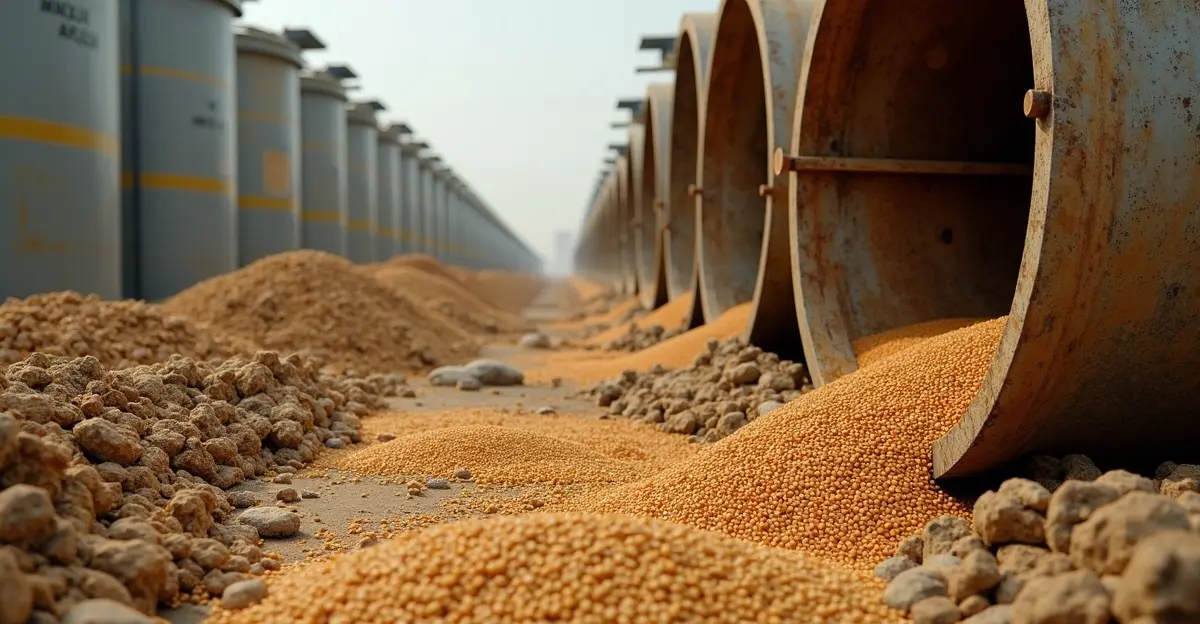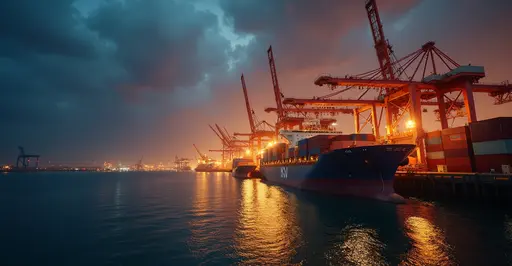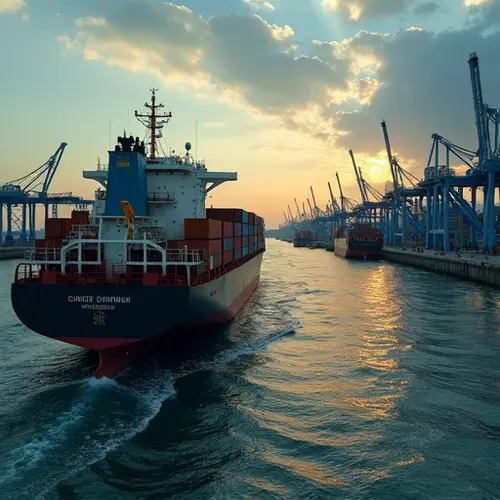Trade ministers from APEC and other economies agreed on supply chain diversification standards and emergency protocols to address global vulnerabilities. The agreements aim to balance efficiency with security through coordinated international efforts.

Global Trade Ministers Unite to Tackle Supply Chain Vulnerabilities
In a landmark meeting held in Jeju, South Korea, trade ministers from across the Asia-Pacific region and beyond gathered to address the growing threats to global supply chains. The 2025 APEC Trade Ministers' Meeting, held from May 15-16, brought together key stakeholders to develop comprehensive strategies for mitigating supply chain risks through diversification standards and emergency protocols.
Building Resilience Through Diversification
The ministers emphasized the urgent need to diversify supply chains away from over-reliance on single sources. 'We cannot afford to have our economic stability held hostage by concentrated production hubs,' stated South Korean Trade Minister Cheong In-kyo during the opening session. The discussions focused on creating frameworks that encourage businesses to spread their manufacturing and sourcing across multiple regions and countries.
According to recent IMF research, targeted diversification of imports—particularly those more exposed to shocks and positioned upstream in supply chains—can significantly enhance economic welfare when the probability of large trade disruptions is high. The ministers agreed to establish common standards for what constitutes adequate diversification, taking into account factors like geographic spread, supplier redundancy, and production capacity distribution.
Emergency Protocols for Rapid Response
A key outcome of the meeting was the development of standardized emergency protocols that can be activated during supply chain crises. These protocols include early warning systems, information sharing mechanisms, and coordinated response strategies. 'When disruptions occur, we need to move faster than the crisis itself,' noted US Trade Representative Jamieson Greer during bilateral discussions with Chinese officials.
The OECD has highlighted that elevated risks in global supply chains require coordinated international efforts. The emergency protocols developed at the meeting aim to create a unified response framework that can be deployed across participating economies, ensuring minimal disruption to critical goods and services.
Balancing Efficiency with Security
The discussions acknowledged the inherent tension between supply chain efficiency and security. While highly optimized, lean supply chains maximize economic efficiency, they also create vulnerabilities to disruptions. The ministers explored ways to maintain competitive advantages while building in necessary redundancies.
'We're not advocating for complete de-globalization, but rather for smarter globalization,' explained a senior trade official from Japan. The agreements reached include guidelines for identifying critical sectors where additional security measures are justified, even if they come with some efficiency costs.
Implementation and Monitoring Framework
The ministers established a multi-year implementation plan with clear milestones and monitoring mechanisms. Regular assessments will track progress on diversification targets and the readiness of emergency response systems. The framework includes provisions for technical assistance to developing economies that may face challenges in meeting the new standards.
The APEC meeting outcomes demonstrate that regional cooperation remains essential despite global uncertainty. Private sector representatives present at the discussions emphasized the importance of practical, implementable standards that businesses can adopt without excessive compliance burdens.
As global trade faces increasing headwinds—with APEC forecasting moderate growth of 2.6-2.7% in 2025-2026—the agreements reached at this ministerial meeting represent a significant step toward creating more robust and resilient global supply chains capable of weathering future storms.

 Nederlands
Nederlands
 English
English
 Deutsch
Deutsch
 Français
Français
 Español
Español
 Português
Português









